Get Expert Advice from an Orthopaedic Specialist
The Department of Orthopaedics and Joint Replacement Surgery at MedRec Hospital is a modern facility committed to delivering top-tier care and optimal results for our patients. As a recognized center of excellence, we focus on providing a compassionate, secure, and high-quality patient experience.
Our orthopedic department offers a wide range of services, including arthroscopic procedures, joint replacement surgeries, spine surgeries, trauma care, fracture treatment, arthritis management, and general orthopaedic care.
Our skilled and experienced team of physicians collaborates to offer both surgical and nonsurgical care, combining their expertise and knowledge to achieve the best possible results for our patients.
We use high-quality implants in our replacement and arthroscopic surgeries and provide exceptional rehabilitation services to facilitate a swift recovery. With advanced arthroscopic techniques, our procedures are less invasive, leading to reduced discomfort and the possibility of same-day discharge.
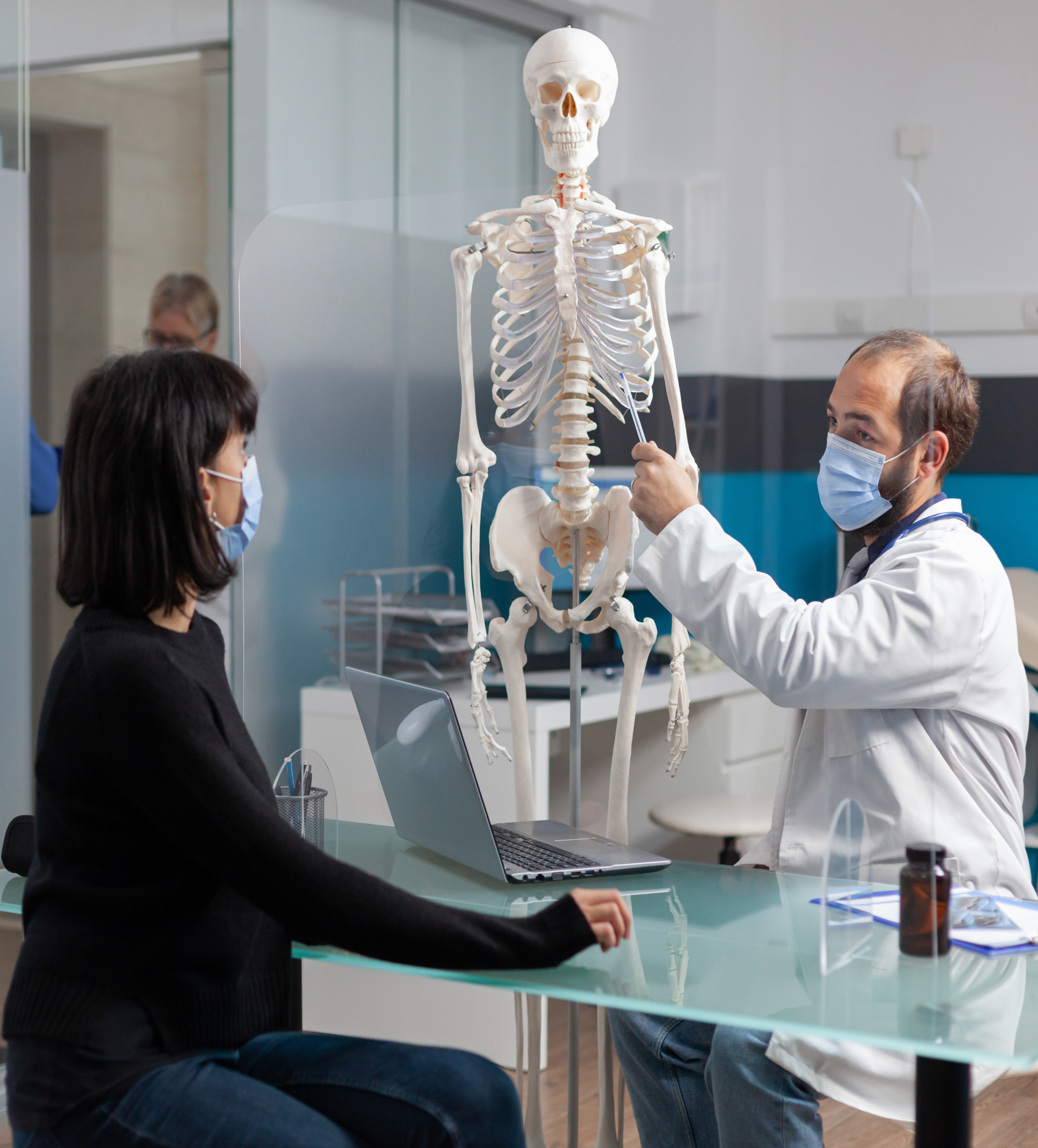
Book Your Consultation with Our Orthopaedic Experts Today!
At MedRec Hospital, our experienced orthopaedic surgeons are dedicated to helping you overcome joint pain, injuries, and mobility challenges. Whether it’s joint replacement, arthroscopic surgery, or sports injury treatment,
we provide advanced care designed for faster recovery and lasting relief. Don’t let pain or discomfort hold you back—begin your journey to improved health and mobility today.
Schedule Your Consultation Now!Our Specialities

We specialize in advanced orthopedic surgical procedures, including ACL/PCL reconstructions, rotator cuff repairs, and tennis elbow treatments. Our expertise in complex surgeries like capsular and TFCC reconstructions helps ensure a rapid recovery, restoring strength and mobility for our patients.

Hand Surgery
Hand surgery involves specialized procedures to treat injuries, deformities, and medical conditions affecting the hand and wrist. It aims to restore function, reduce pain, and improve dexterity, helping patients return to daily activities.
Common hand surgeries include treatment for carpal tunnel syndrome, fractures, tendon injuries, and congenital deformities. Using advanced surgical techniques, orthopaedic surgeons ensure precise treatment, often leading to faster recovery. Non-surgical treatments, including physical therapy, are also considered before surgery to maximize outcomes.
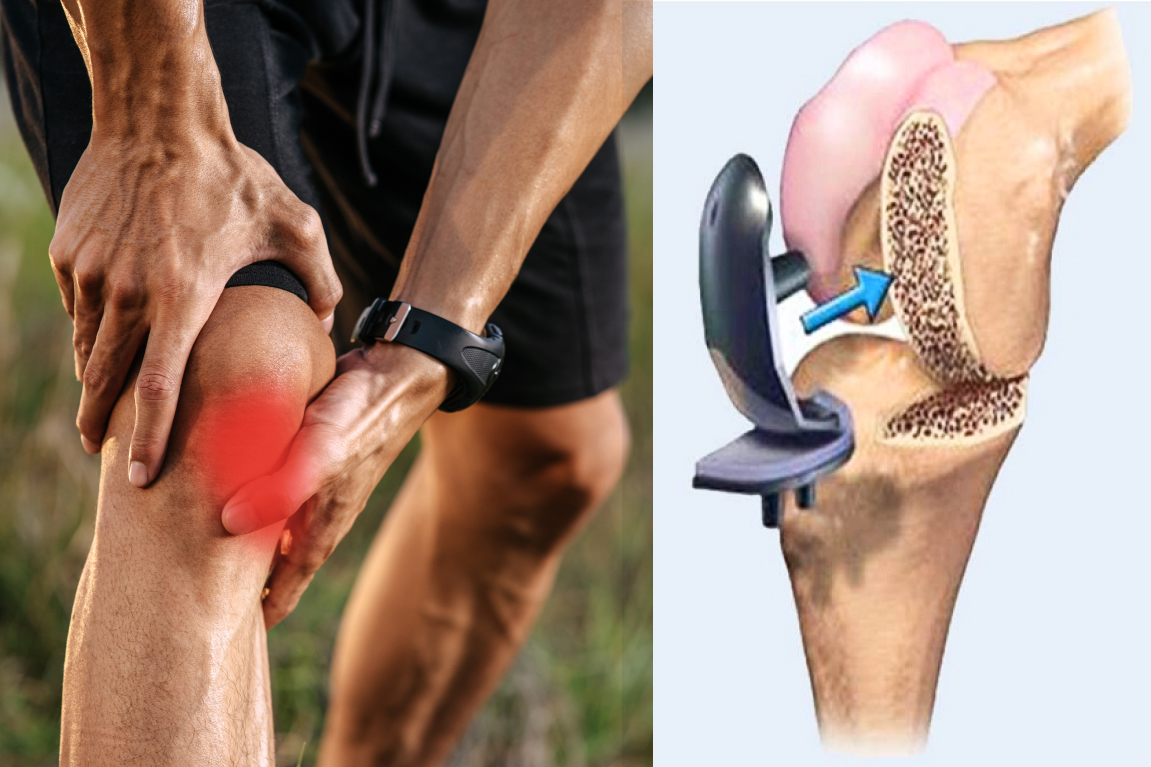
Joint Replacement Surgery
Joint replacement surgery is performed to replace damaged or diseased joints, typically due to arthritis or trauma, with artificial implants. The most common types include hip, knee, and shoulder replacements. These procedures relieve chronic pain, restore mobility, and significantly improve the patient’s quality of life.
Using advanced surgical techniques and high-quality implants, surgeons aim to ensure long-term functionality. Rehabilitation following surgery is essential for regaining strength and motion, allowing patients to resume normal activities with improved joint movement and minimal discomfort.

Knee Replacement Surgery
Knee replacement surgery is a common procedure for patients suffering from severe arthritis, injury, or chronic pain in the knee joint. During the procedure, damaged bone and cartilage are removed and replaced with metal and plastic components designed to mimic the natural movement of the knee.
This surgery is ideal for those experiencing difficulty walking, climbing stairs, or performing everyday activities. With advancements in surgical techniques, many patients experience faster recovery times, improved mobility, and long-lasting pain relief, helping them regain their active lifestyles.
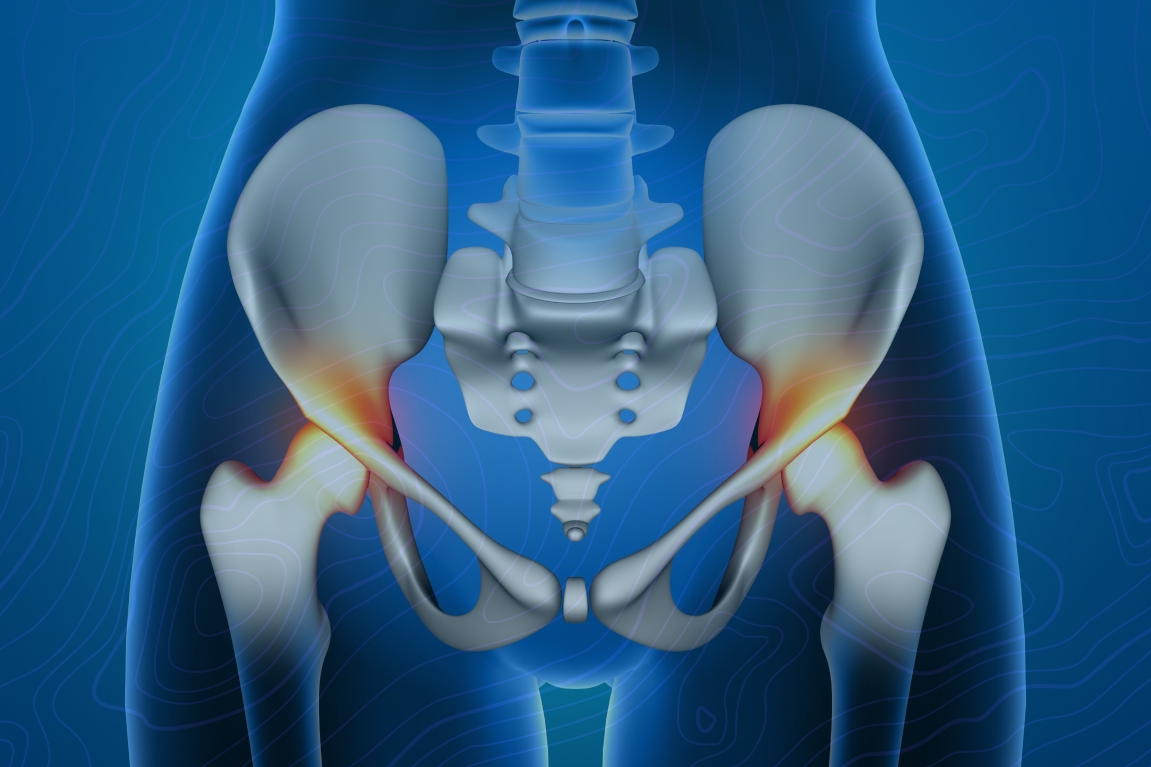
Hip Replacement Surgery
Hip replacement surgery involves removing the damaged sections of the hip joint and replacing them with artificial components, usually made of metal, ceramic, or plastic. This procedure is commonly recommended for patients suffering from severe arthritis, fractures, or degenerative joint diseases that limit their mobility and cause chronic pain.
Hip replacements offer significant pain relief, increased mobility, and improved quality of life. Patients who undergo this surgery typically follow a structured rehabilitation program to ensure optimal recovery and regain full functionality in their daily activities.

Elbow Replacement Surgery
Elbow replacement surgery is a procedure to replace a damaged or arthritic elbow joint with an artificial implant, restoring normal movement and reducing pain.
It’s commonly recommended for patients suffering from conditions such as rheumatoid arthritis, post-traumatic arthritis, or severe fractures that impair elbow function. The surgery involves removing the damaged portions of the elbow and replacing them with metal or plastic parts that mimic the natural movement of the joint. Post-operative physical therapy is essential for regaining strength and range of motion.

Shoulder and Reverse Shoulder Replacement Surgery
Shoulder replacement surgery replaces the damaged parts of the shoulder joint with artificial components, providing pain relief and restoring mobility. Reverse shoulder replacement is a specialized procedure used in cases where the rotator cuff is severely damaged, altering the joint’s mechanics to improve function.
Both surgeries are highly effective for patients suffering from arthritis, fractures, or joint degeneration. Rehabilitation is crucial to help patients regain strength and flexibility, allowing them to return to daily activities with significantly reduced pain and improved shoulder movement.

Arthroscopic Surgery
Arthroscopic surgery is a minimally invasive procedure used to diagnose and treat joint issues. It involves the insertion of a small camera (arthroscope) into the joint, allowing surgeons to view the joint’s interior without large incisions. This technique is commonly used for treating conditions such as torn ligaments, damaged cartilage, and joint inflammation.
Arthroscopic surgery offers several benefits, including reduced pain, minimal scarring, and quicker recovery times compared to traditional open surgery. It is frequently used for knee, shoulder, and hip problems, allowing patients to return to daily activities faster.

ACL and PCL Reconstruction
ACL (Anterior Cruciate Ligament) and PCL (Posterior Cruciate Ligament) reconstructions are surgical procedures to repair torn ligaments in the knee, usually due to sports injuries. These ligaments are essential for knee stability, and when damaged, they can cause pain, instability, and limited movement.
Reconstruction involves replacing the torn ligament with a graft, often from the patient’s own tissue. With proper rehabilitation, patients can regain full knee stability, allowing them to return to their usual activities and sports. The procedure is essential for preventing further damage to the knee.

Rotator Cuff, Meniscal & Bankart Repair
These procedures address specific injuries to the shoulder and knee. Rotator cuff repair treats tears in the muscles and tendons of the shoulder, restoring strength and movement.
Meniscal repair is performed to fix torn cartilage in the knee, reducing pain and improving joint function. Bankart repair targets shoulder instability caused by repeated dislocations by reattaching the torn labrum. These surgeries are essential for restoring joint function and preventing long-term damage. Patients typically undergo rehabilitation to regain full strength and range of motion following these procedures.

Tennis Elbow Release
Tennis elbow release surgery is performed for patients with chronic lateral epicondylitis (tennis elbow) who haven’t found relief with non-surgical treatments. The surgery involves removing damaged tissue from the tendons and releasing the tension on the affected area.
This procedure helps alleviate pain and restore function in the elbow, allowing patients to regain their strength and mobility. Post-operative therapy is crucial for rebuilding flexibility and avoiding recurrence. With proper care, patients can expect a significant improvement in their daily activities and a reduction in pain.
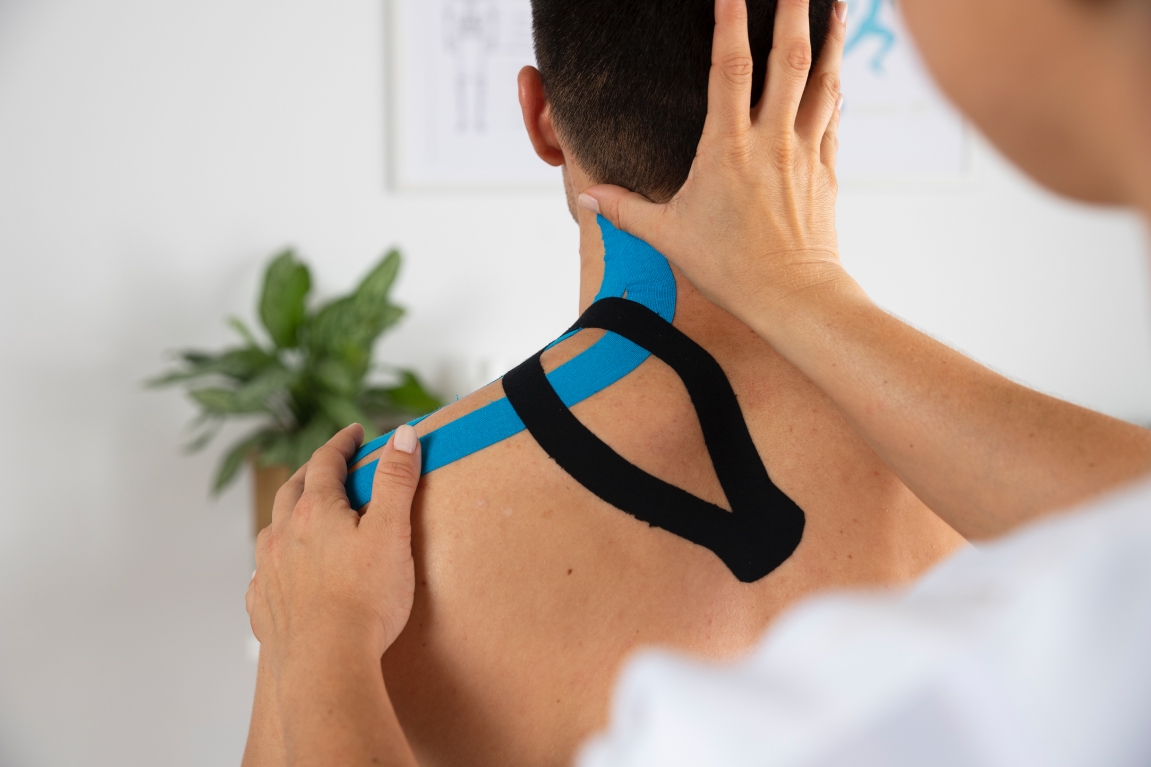
Capsular Reconstruction
Capsular reconstruction is a surgical technique used to treat severe shoulder instability, particularly in cases where previous surgeries have failed or when the joint capsule is too damaged to repair. The procedure involves reconstructing the shoulder’s ligaments and capsule using graft tissue to restore stability and function.
It is commonly performed on athletes or individuals who have experienced multiple shoulder dislocations. Capsular reconstruction provides long-term stability and reduces the risk of further dislocations, allowing patients to regain shoulder strength and mobility after a structured rehabilitation program.

TFCC Repair
TFCC (Triangular Fibrocartilage Complex) repair is a procedure to treat tears in the cartilage located in the wrist, often caused by trauma or overuse. The TFCC plays a crucial role in wrist stability and movement. When damaged, it can cause pain, weakness, and instability in the wrist.
TFCC repair surgery involves either stitching the torn cartilage back together or removing the damaged tissue, depending on the severity. Patients typically undergo physical therapy after surgery to restore wrist function and strength, allowing them to return to normal activities with improved wrist stability.
Our Other Specialities

In an emergency? Need help now?
We often sideline certain body symptoms and indications thinking them to be normal. However, then comes a moment, when things escalate and we require urgent care. MedRec’s aim is to provide this emergency service to people in rural areas, since the delay while reaching the city, might negatively impact.
Make an Appointment






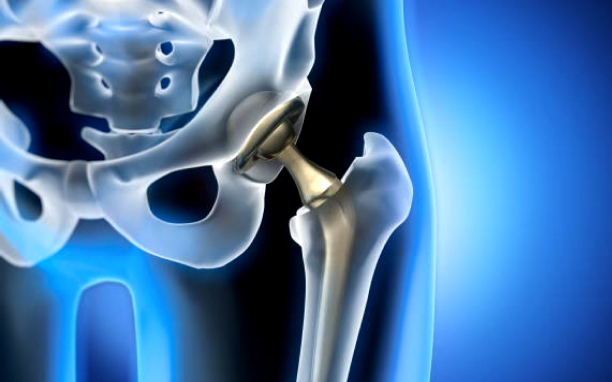
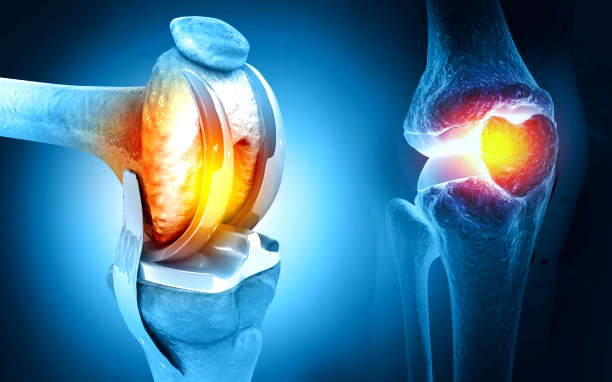
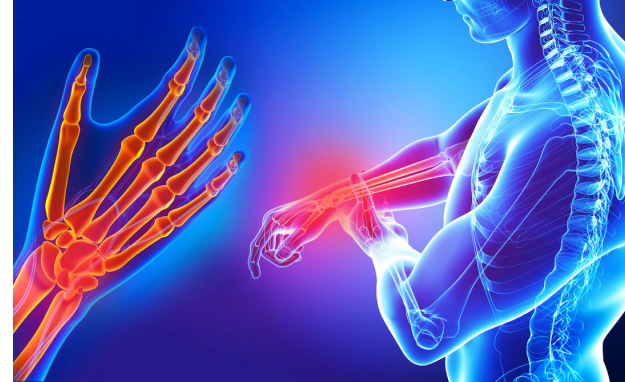
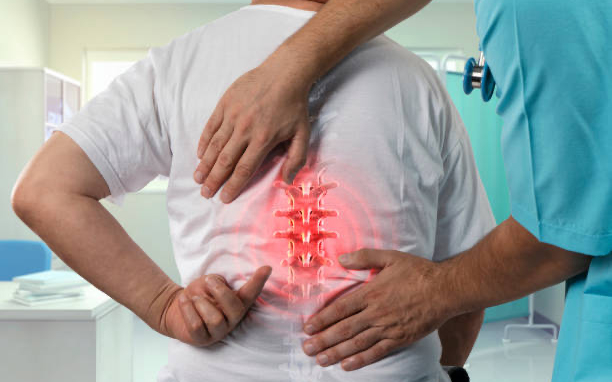


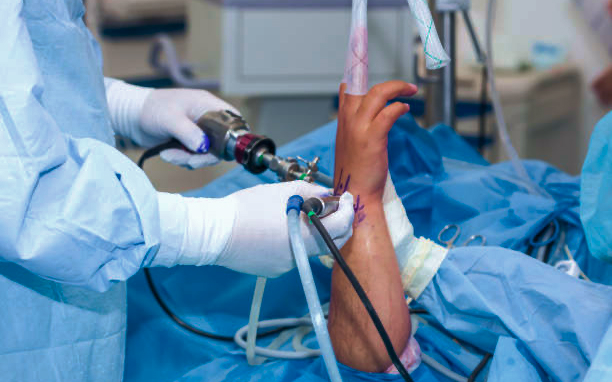



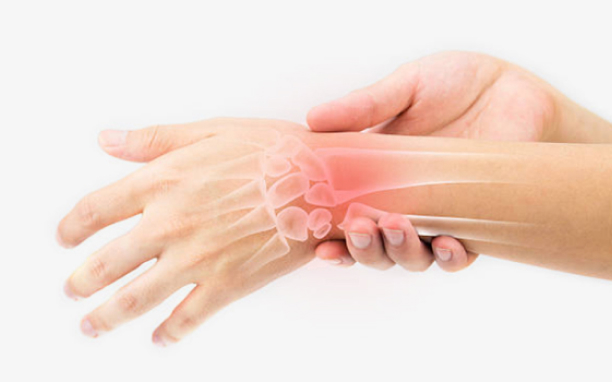
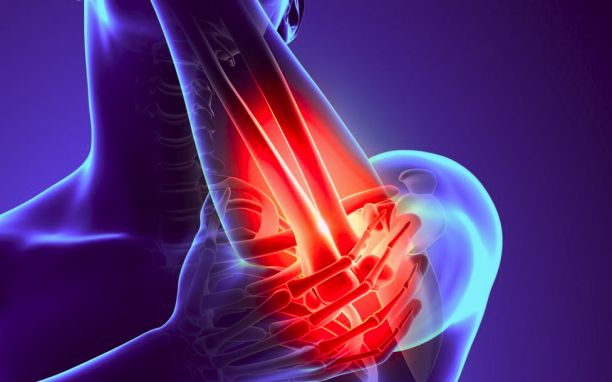


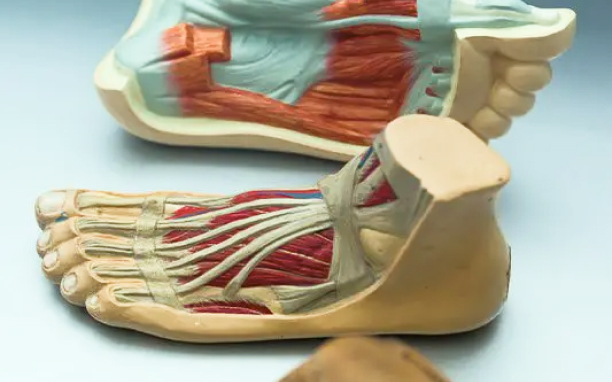
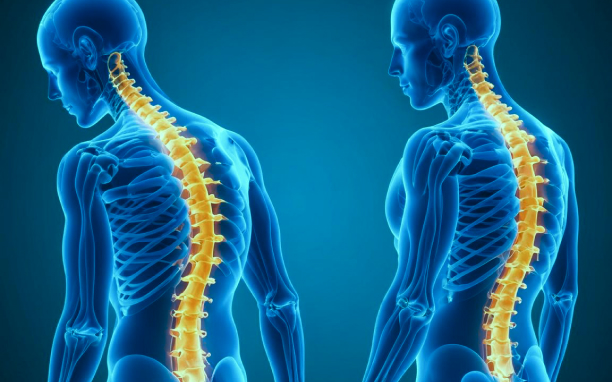

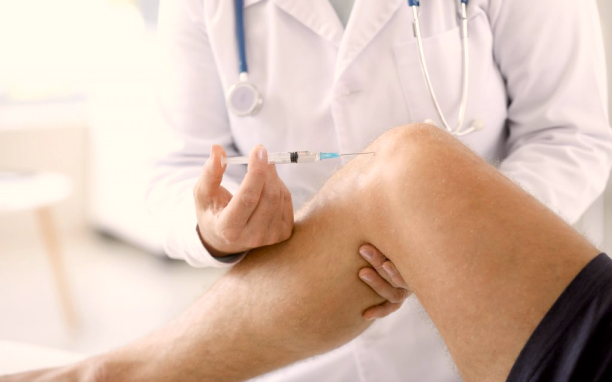
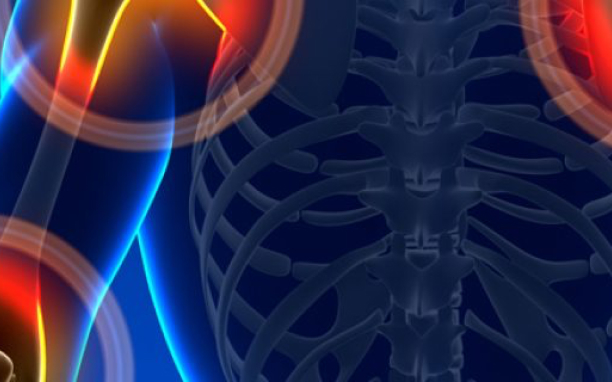









.jpg)